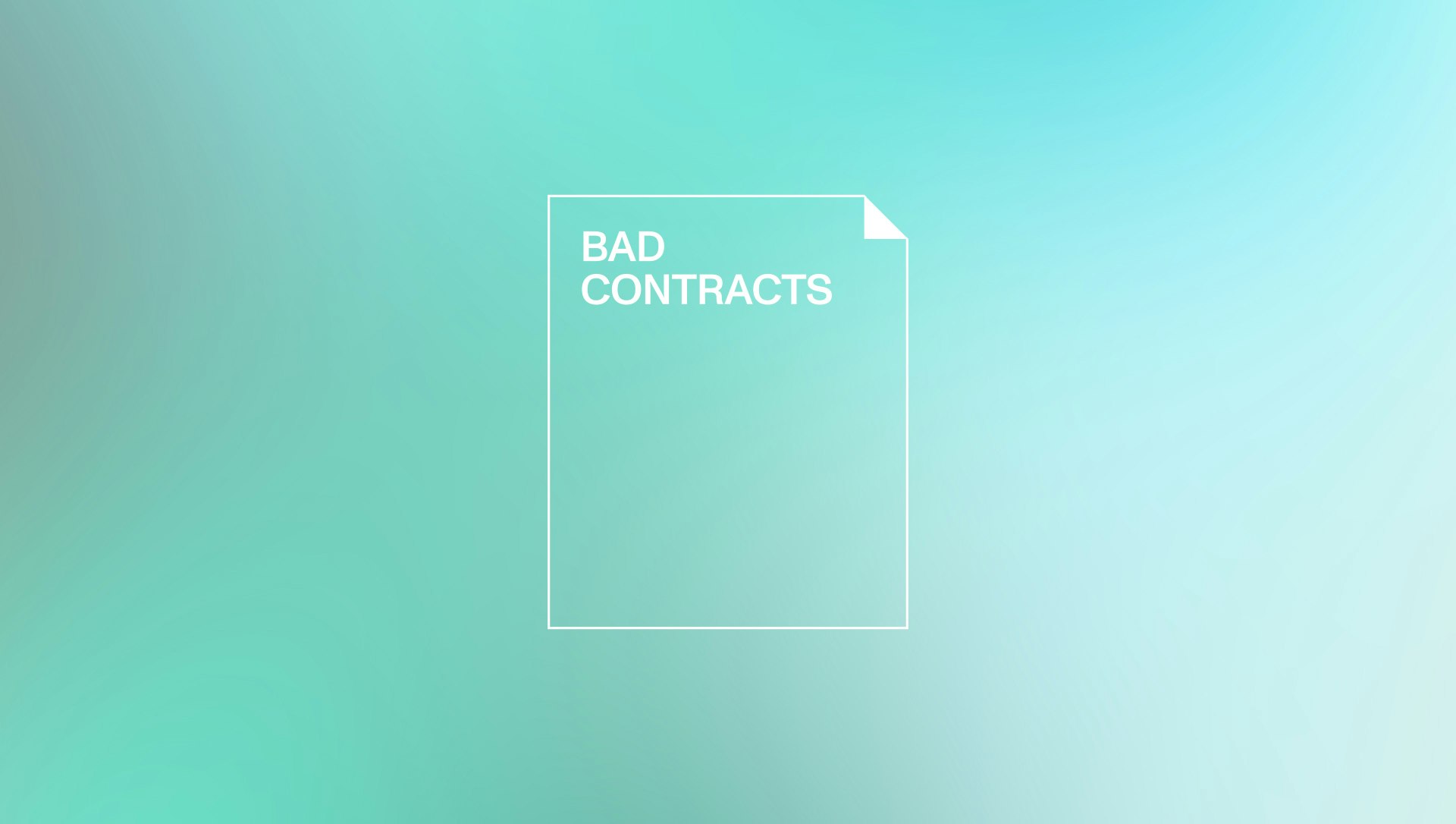From the way contracts are written to how costs are passed through, businesses are playing a game where the rules are set by someone else. And more often than not, those rules are designed to benefit suppliers, not the buyer.
How complexity keeps you dependent
The energy market has a reputation for being inherently complex. But that complexity isn’t a coincidence, it’s a business model.
Jargon, confusing clauses, and hidden pass-through costs all contribute to this. The more uncertain you feel, the more reliant you become on experts to navigate it for you.
This lack of clarity keeps businesses reactive instead of strategic. You don’t ask tough questions when you don’t know where to begin.
Who actually profits from your contract?
There’s a conflict of interests at the heart of your energy contract. Many intermediaries are paid through commission models that reward volume, length of contract, or alignment with specific suppliers.
That means:
- You’re encouraged to fix your price when it suits someone else’s margin, not your long-term interests.
- You’re locked into multi-year contracts that pay upfront commissions, even if they stifle future flexibility.
- You believe you’re getting a good deal, when the underlying structure is built to benefit everyone but you.
So, you get a contract that works for their business model, not yours. And while it’s worth mentioning this does not reflect all TPIs, there’s a growing distrust of the underlying practices of brokers among businesses.
Why a “fixed” bill is anything but
Even when you think you’ve secured a predictable price, much of your bill remains open to change. Network charges, levies, and environmental costs are “pass-throughs” that can shift mid-contract.
So the idea of price certainty is often an illusion. You’re still vulnerable to cost creep, despite thinking you’ve locked things down.
And because these pass-throughs are rarely explained upfront, you don’t realise how exposed you are until the extra charges hit your budget.
Who’s in control?
Energy shouldn’t be just an admin task. It’s a core lever of growth, agility, and resilience. But as long as buyers are kept in the dark and suppliers hold all the cards, businesses will remain locked into contracts that cost more, flex less, and constrain what’s possible.
The market won’t change until buyers demand it. Ask yourself:
Is your energy strategy truly an asset, or is it holding your business back?
If it’s the latter, it’s time to stop negotiating on someone else’s terms, and start building an energy strategy designed for your success.
See how Hedged can help
At Hedged, we believe the power should be in your hands. Our product is designed to give you total control and transparency over your energy, cutting through the complexity and eliminating the hidden costs of traditional contracts.
Sign up for a free demo and see how much you could be saving if you were on one of our subscription plans.





